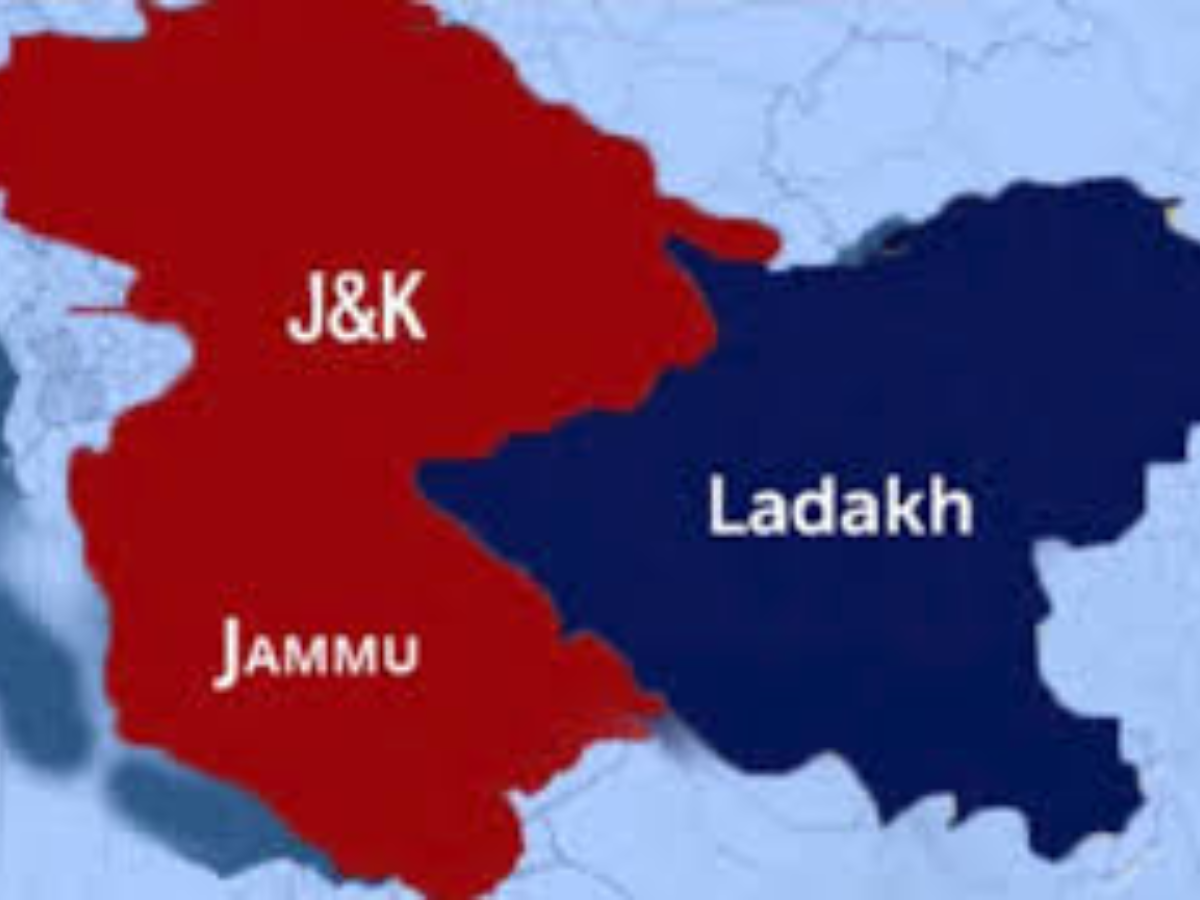Article 370, which privileged Jammu and Kashmir, has partially been abrogated after the Central Government moved a resolution in the Parliament on August 5, 2019, to end the special treatment given to Jammu and Kashmir. The motion was passed, with a separate act bifurcating the state into two different Union Territories – Jammu and Kashmir and Ladakh.
As August 5 marks the anniversary of the abrogation of Article 370, leaders from Jammu and Kashmir again raised their voices for the restoration of the statehood for Jammu and Kashmir.
Former Jammu and Kashmir chief minister Farooq Abdullah on Monday reminded the Bharatiya Janata Party Government in the Centre to fulfil its promise. On 13 January 2024, referring to J&K Chief Minister Omar Abdullah’s wish to make good his promise to restore statehood to the union territory, Prime Minister Narendra Modi also said, “The right things are going to happen at the right time.”
Meanwhile, the separate meetings sparked buzz in the national capital that the Bharatiya Janata Party Government in the Centre is going to restore statehood in Jammu and Kashmir.
However, incumbent Chief Minister Omar Abdullah rejected rumours about the restoration of Jammu and Kashmir statehood, saying nothing will happen on August 5.
As the rumours of the restoration of J&K statehood loom high, the political fraternity starts gossiping about what type of statehood would be given to Jammu and Kashmir -Delhi Style of Governance or A Full-Fledged State?
What is Delhi’s style of Governance?
The governance in Delhi is defined by Article 239AA of the Indian Constitution, introduced through the Sixty-Ninth Constitutional Amendment Act (1991). This article provides Delhi with a legislative assembly and other provisions.
The provision includes that Delhi will have a legislative assembly with the power to make laws on State List and Concurrent List subjects, except police, public order, and land.
It says the provisions of articles 324 to 327 and 329 shall apply to the National Capital Territory, the Legislative Assembly of the National Capital Territory, and any reference in articles 326 and 329 to “appropriate Legislature” shall be deemed to be a reference to Parliament.
It also provides for an elected chief minister, a Council of Ministers responsible for day-to-day administration and a Lieutenant Governor, appointed by the President, who acts as the Centre’s representative in Delhi.
Long Legal Battle For Statehood In Delhi
When the Aam Aadmi Party (AAP) came to power in 2015, the Delhi Government challenged the L-G’s control over bureaucratic services, land, police, and public order in the High Court. However, the High Court ruled in favour of the Centre.
The decision was challenged in the Supreme Court. In 2023, the apex court clarified that the Delhi Government has control over administrative services, except matters related to law enforcement and land. In May 2023, the Centre bounced back, passing an amendment to override the Supreme Court’s ruling that extended the L-G’s power over appointments and transfers of bureaucrats.
The current scenario is that although Delhi is a state with a legislative assembly and a council of ministers, it enjoys limited power. Delhi can make laws on the subjects from the State and Concurrent Lists, except for police, public order, and land.
What Is the Meaning of Full-Fledged Statehood?
Article 1 of the Indian Constitution defines India as a “Union of States”. And, the First Schedule of the Constitution lists states and Union Terrors along with their boundaries. As per the Schedule, there are 28 states and eight Union Territories.
The States enjoy enacting laws on the subjects from the State List and Concurrent List mentioned in the Seventh Schedule of the Indian Constitution that defines the distribution of legislative powers between the Union and States.
The states have absolute power to make laws on the State List, unlike a Union Territory with a legislative assembly. For example, Delhi.
What is The Central Government Planning For Jammu And Kashmir Statehood
As the demand for the restoration of the statehood in Jammu and Kashmir is looming high, it has been speculated what type of statehood will be provided to Jammu and Kashmir – Delhi style of governance or full-fledged statehood, if it rolls out.
Considering its international importance of Jammu and Kashmir, as its boundaries touch Pakistan in the West, the Central Government will be unlikely to prefer a full-fledged statehood in Jammu and Kashmir.
Even after six years of the abrogation of Article 370 and the multiple developmental works, terrorist activities are still going on. Recently, in Pahalgam, terrorists stormed the Baisaran valley, killing 26 people, mostly tourists. Political analysts predict that the BJP-led Central government will not go beyond this fact, which means there is little chance of providing Jammu and Kashmir with full-fledged statehood.
ALSO READ: Abrogation Of Article 370: History Behind And Beyond







